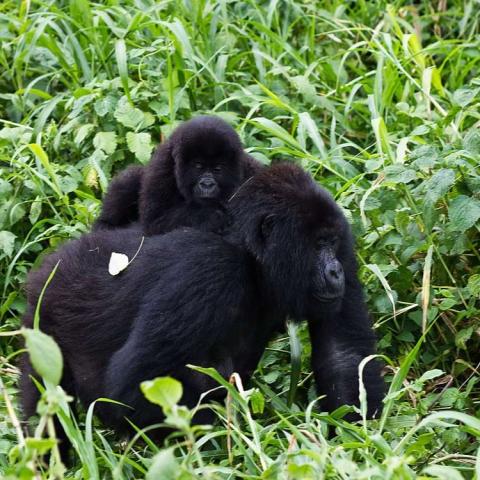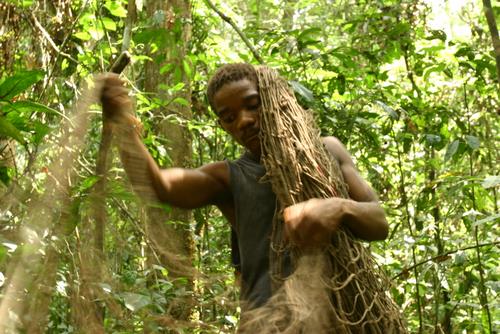Science-Policy-Practice Interface platforms and networks | Course

Organised by CABES, a regional platform in support of IPBES
Developing national Science-Policy-Practice Interface platforms and networks
This course [...] provides participants with the knowledge and practical skills required to establish, operate, and sustain National Biodiversity Platforms (NBPs) effectively.
>> Visit the CABES E-Learning Portal

About CABES
Capacity Development for Biodiversity and Ecosystem Services Experts (CABES) aims to facilitate a capacity-building framework across West, Central, and East Africa in support of the Work Programme of the Intergovernmental Platform on Biodiversity and Ecosystem Services (IPBES), particularly in the preparation of IPBES assessments (global, regional and thematic). CABES represents a platform to connect scientists from universities, research institutions, and policymakers in West, Central, and East Africa in the field of biodiversity and ecosystem services, to strengthen the science-policy interface, foster national and regional collaborations, enhance policy coherence and reinforce the expert pool to support and disseminate IPBES assessments.

Top photo by Cai Tjeenk Willink on Wikimedia: Mountain gorillas (Gorilla beringei beringei) in Virunga National Park, DR Congo. Created in 1925, Virunga is the African continent's oldest national park. While the area is most famous for one of only two populations of mountain gorillas and stunning mountain vistas, it is home to thousands of plant and animal species. It is deemed instrumental in protecting exceptionally diverse habitats, as recognised by its UNESCO World Heritage status since 1979. However, the park was originally established as Albert National Park: not just for its wildlife, but also for the indigenous Forest People of Central Africa (otherwise known as Pygmies), in line with Belgian colonial and some early conservationists' ideas. Other locals lost access to lands they had long been using communally, and the affected Forest People of Central Africa themselves later rebelled against demands imposed on them. Their struggles continue. The discussion of conservation on indigenous people's lands, recognition of their contributions, and their inclusion, though, are changing. Find out more about Indigenous and local knowledge in IPBES and its International Indigenous Forum on Biodiversity and Ecosystem Services (IIFBES).
